Foreign firms doing business in China should be aware of the costs of transacting with a totalitarian regime that controls everything in society and can easily bend any company to its will.
Heads of U.S. corporations don’t dare to criticize the Chinese Communist Party (CCP) even in private settings. They know Big Brother is always watching them.
Clyde Prestowitz, author and strategist on Asia and globalization, explains the true cost of doing business in China in his latest book “The World Turned Upside Down: America, China, and the Struggle for Global Leadership.” He was a presidential advisor and a leader of the first American trade mission to China in 1982.
The U.S. companies that are highly coupled with China face all kinds of risks, from intellectual property theft to commercial cyber espionage. But the biggest, most fundamental risk is “the loss of free speech,” Prestowitz says in his book.
Dimon is not alone as there are many examples of free-world CEOs and presidents making apologies or backtracking when they anger the Chinese regime.
Over the years, the list of entities that have caved to Beijing’s censorship demands has grown long. The Gap, Disney, Delta Airlines, Medtronic, Marriott, the NBA, and many others have all bowed to the Chinese regime over issues ranging from Taiwan to Uyghurs to Hong Kong.
Such actions by U.S. firms, though, have drawn criticism from lawmakers on both sides of the aisle, who accuse companies of sacrificing American values for the allure of profits in the world’s second-largest economy.
For the CEO of Apple Tim Cook and other U.S. corporate executives navigating the Chinese market, they effectively become “hostages” to the whims of the Chinese regime.
“They may be perceived as the heads of American companies, but they fear Beijing far more than they fear Washington,” Prestowitz writes in his book.
Since there’s no rule of law in China, they become “captive,” he adds. In Washington, they have lawyers and lobbyists that give them the power to influence or sue the U.S. government. In Beijing, however, they can’t sue the Chinese regime because they know they would lose—the courts in China are controlled by the Communist Party—and would face retaliation from the regime for even trying.
According to Prestowitz, entities that are under pressure could be giants like Walmart, Apple, General Electric, and FedEx as well as organizations like the U.S.-China Business Council.
And this is only the tip of the iceberg, as it only covers the overt influence operations that need to be disclosed under the Foreign Agents Registration Act (FARA).
The FARA, passed in 1938, requires a person who represents a foreign interest to register as a foreign agent. The law, however, falls short in addressing less overt political influence operations conducted through proxies, including corporations, trade associations, and think tanks. Many China hawks in Washington are urging Congress to close this loophole in foreign influence.
“It’s really something that must be addressed,” Prestowitz tells me.
If heads of corporations have substantial business operations in China, “they should not be allowed to make political donations in the United States,” he said.
“When they testify before Congress, they should be compelled to declare that they are testifying as the leaders of Chinese businesses. They should be made to tell the public and the Congress that they in fact, are subject to pressure and influence by the Chinese Communist Party.”
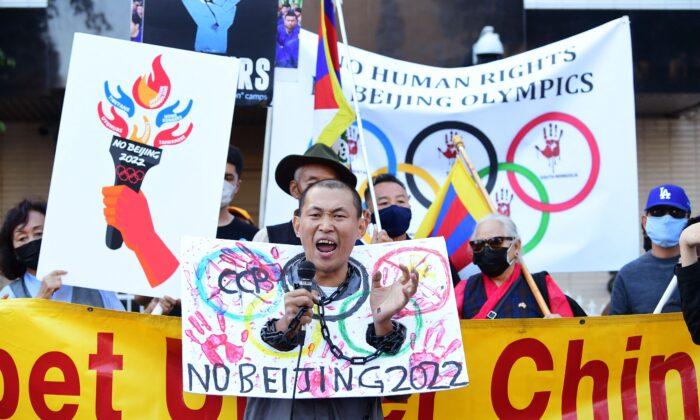

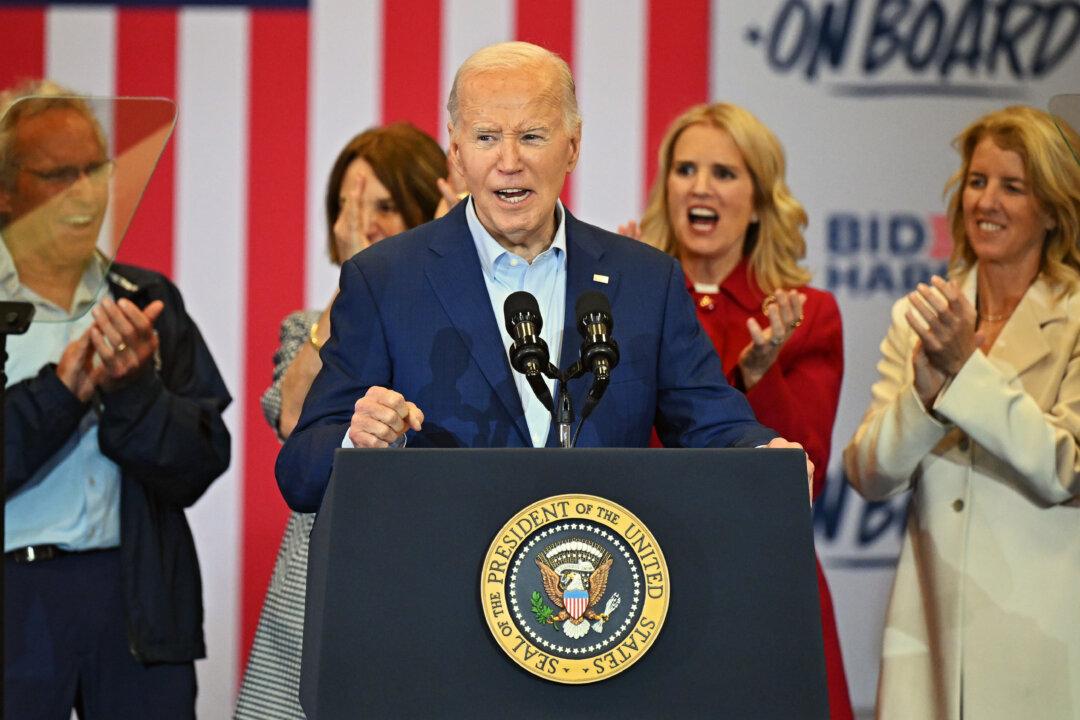
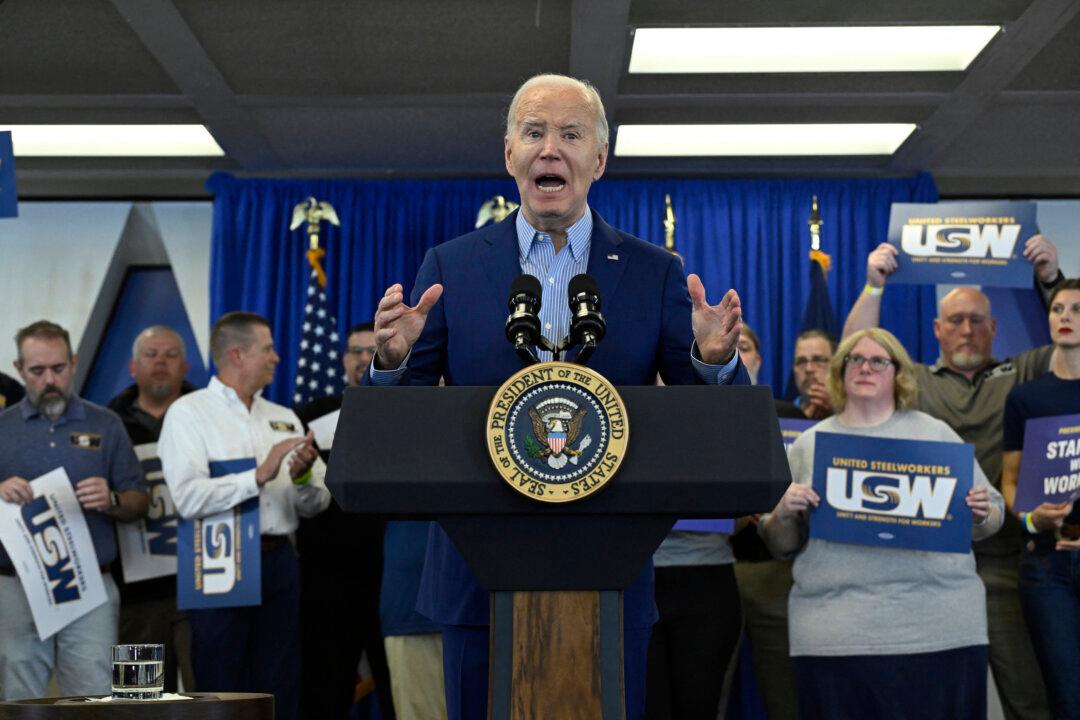
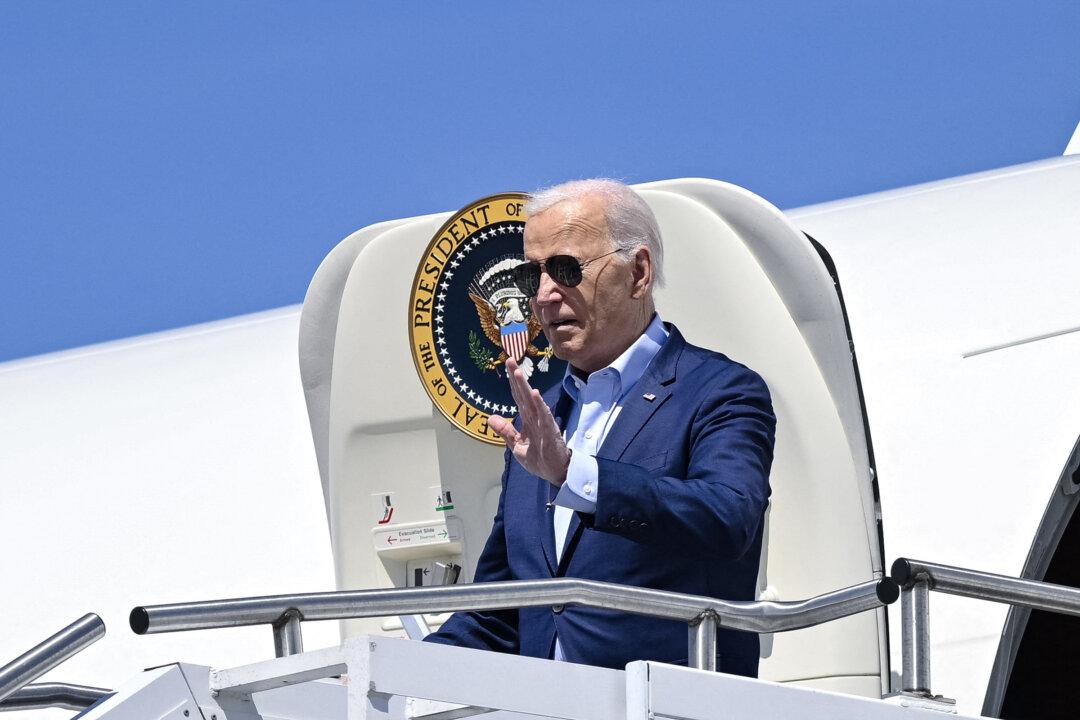
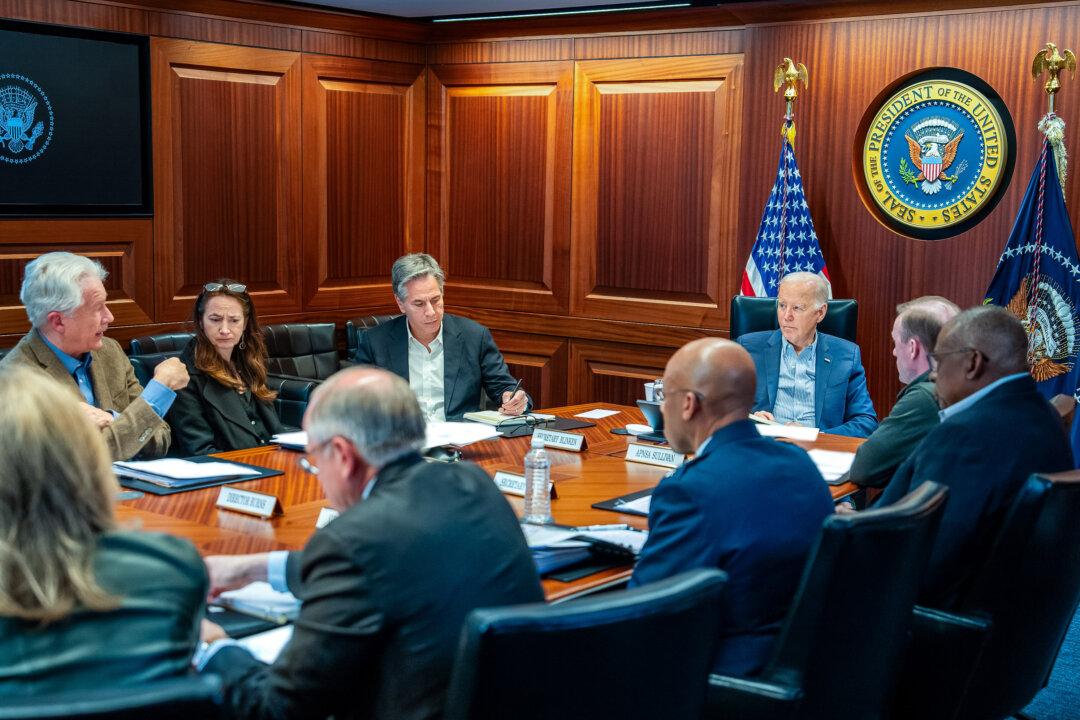
Friends Read Free